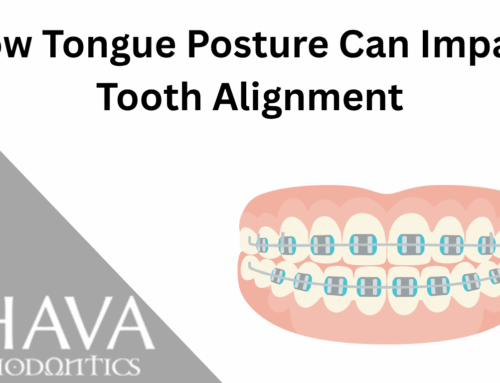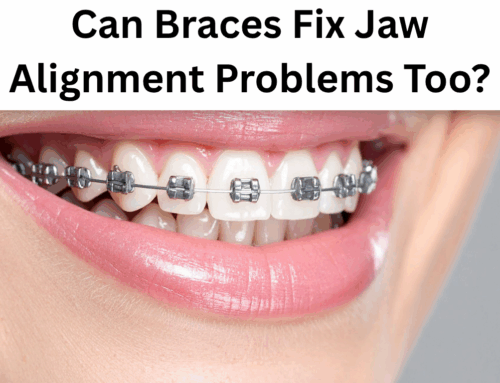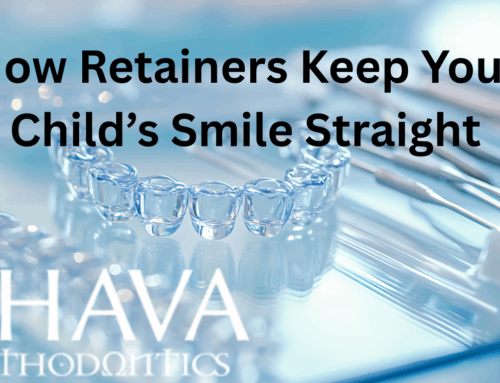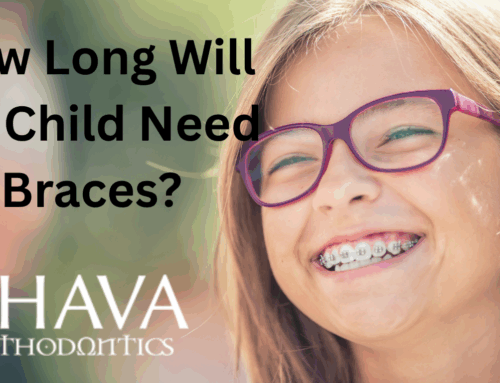Jaw injuries and trauma can significantly impact tooth alignment, affecting both the appearance and function of the smile. Whether caused by sports injuries, accidents, or falls, trauma to the jaw can disrupt the natural alignment of teeth and potentially lead to more severe issues such as pain, difficulty chewing, or bite misalignment. At Ahava Orthodontics in Fort Worth, we understand the complexities of jaw trauma and its impact on oral health. Here’s a closer look at how jaw injuries can affect tooth alignment and how orthodontic care can help restore a healthy, functional smile.
How Jaw Injuries Impact Tooth Alignment
The jaw, teeth, and surrounding muscles work together in a balanced system to support proper bite and alignment. Trauma to the jaw, however, can upset this balance and lead to misaligned teeth, a condition known as malocclusion. Depending on the severity of the injury, trauma can cause immediate changes in tooth position or lead to gradual misalignment as the jaw heals.
Common ways jaw injuries affect alignment include:
- Tooth Displacement: Direct trauma to the jaw can force one or more teeth out of their normal position. Teeth may shift, rotate, or become tilted, affecting how they fit together with the opposing teeth. In severe cases, a tooth may be knocked loose, further affecting alignment as surrounding teeth shift to fill the gap.
- Jaw Fractures and Healing: A fractured jaw requires immediate medical treatment and may require wiring, splinting, or even surgery to heal. While healing, the jaw may shift or realign differently, which can impact tooth position and bite alignment. As the jawbone mends, it can settle in a slightly different position than before the injury, potentially causing a change in bite that affects tooth alignment.
- Muscle Imbalance: Jaw trauma can lead to tension or imbalance in the muscles surrounding the jaw, including the temporomandibular joint (TMJ). This imbalance can pull the jaw and teeth out of alignment, leading to TMJ-related issues like jaw pain and difficulty chewing. Over time, this muscle tension can impact how the teeth come together, contributing to gradual misalignment.
- Changes in Bite: Trauma to the jaw can alter the way the upper and lower teeth meet, leading to a misaligned bite. Issues such as overbite, underbite, or crossbite can develop if the jaw no longer aligns properly. These bite changes may not only affect appearance but can also make it difficult to chew comfortably or cause uneven wear on the teeth.
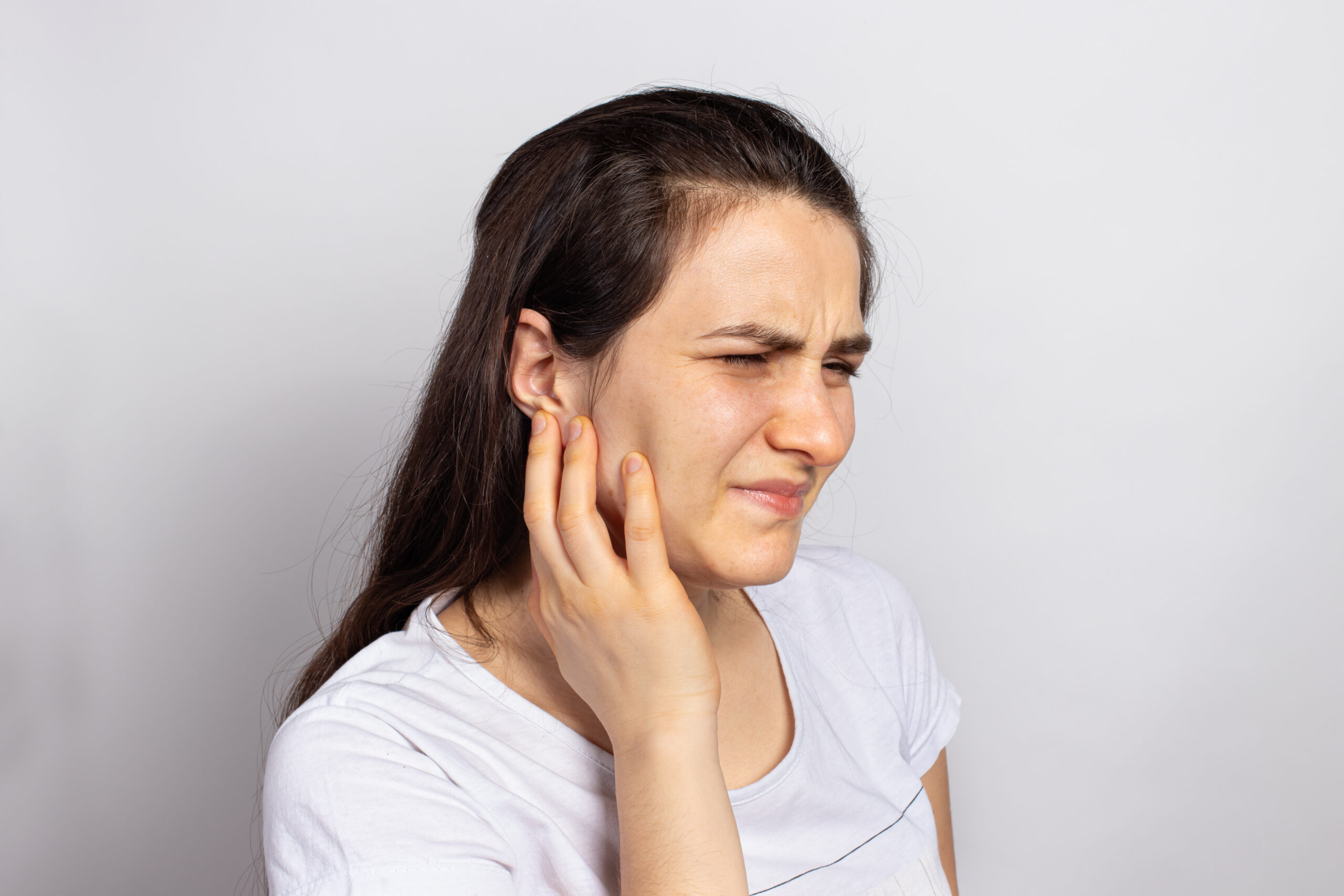
Types of Trauma That Commonly Lead to Misalignment
Jaw injuries leading to misalignment can occur in various situations, often unexpectedly. Some common causes of jaw injuries include:
- Sports Injuries: Contact sports like football, basketball, and soccer put participants at risk of jaw injuries due to falls or impact. Wearing protective gear, such as mouthguards, can reduce the risk but may not completely prevent injury.
- Accidents: Car accidents, bicycle accidents, and even slips or falls can lead to facial trauma, including jaw fractures or dislocations. This type of trauma can force the jaw into an unnatural position, impacting alignment.
- Physical Trauma or Falls: Children and adults alike are susceptible to jaw injuries from falls, especially if the chin or face absorbs the impact. Even a minor fall can shift the jaw slightly, which may affect the positioning of teeth.
How Misalignment Due to Trauma Impacts Oral Health
Misaligned teeth and jaws due to trauma can affect oral health in numerous ways. First, a misaligned bite may lead to issues with chewing, speech, and jaw pain. Additionally, teeth that do not align correctly are more susceptible to uneven wear, which can weaken them over time. Misalignment can also lead to gum problems as overlapping or improperly positioned teeth can make it difficult to clean between them, increasing the risk of gum disease and tooth decay.
Long-term, untreated misalignment from jaw trauma can lead to TMJ disorders, a condition characterized by chronic jaw pain, headaches, and clicking or popping sounds in the jaw joint. TMJ disorders are often linked to trauma-related misalignment and can be challenging to manage without orthodontic intervention.
Orthodontic Treatment Options for Trauma-Related Misalignment
At Ahava Orthodontics, we offer a range of orthodontic treatments to help correct misalignment caused by jaw trauma. Our goal is to restore both function and aesthetics, allowing patients to achieve a comfortable, well-aligned smile. Treatment options include:
- Braces: Traditional braces can help shift teeth back into alignment, correcting gaps, rotations, and crowding caused by trauma. Braces are highly effective for addressing a wide range of alignment issues and are often recommended for severe cases.
- Clear Aligners: For patients with mild to moderate misalignment, clear aligners like Invisalign may be an option. These removable trays are customized to fit over teeth and gradually move them into proper alignment.
- Jaw Surgery and Orthognathic Treatment: In cases of severe jaw misalignment or where the trauma has significantly altered jaw structure, orthognathic (jaw) surgery may be necessary. Surgery can reposition the jaw to correct alignment issues, and braces or aligners are often used in combination to perfect tooth positioning.
- Myofunctional Therapy: For patients experiencing muscle imbalance or TMJ issues due to trauma, myofunctional therapy may be recommended to help rebalance jaw muscles and support proper function.
Protecting Against Jaw Injuries and Trauma
Preventing jaw injuries is crucial for protecting tooth alignment and overall oral health. Wearing mouthguards during sports, using seatbelts, and ensuring safe play environments for children can reduce the risk of traumatic injuries that impact the jaw and teeth. At Ahava Orthodontics, we also emphasize early orthodontic evaluations to monitor jaw development, particularly after an injury, as early intervention can help prevent more severe alignment issues.
If you or your child have experienced jaw trauma and are concerned about alignment, contact Ahava Orthodontics in Fort Worth for an evaluation. Our experienced team can provide customized treatment options to restore function, comfort, and alignment, ensuring your smile remains healthy and beautiful.

